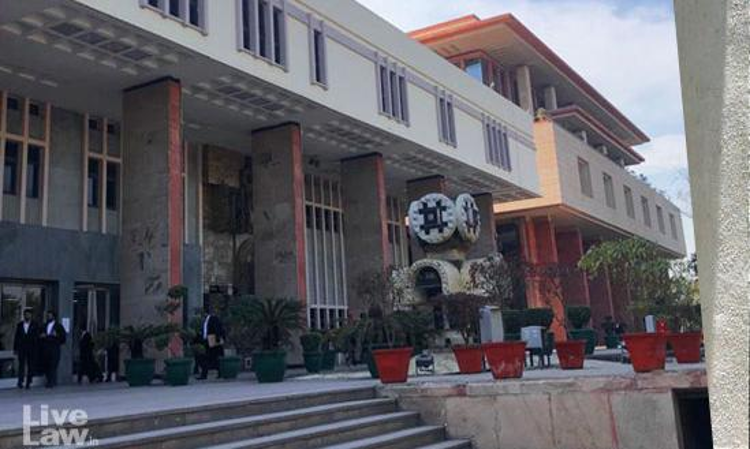Account Statements And IT Returns Relied On By Arbitral Tribunal, Have Evidentiary Value : Delhi High Court
Parina Katyal
7 Aug 2022 5:47 PM IST

Next Story
7 Aug 2022 5:47 PM IST
The Delhi High Court has ruled that the arbitral award cannot be set aside on the ground that the material relied upon by the Arbitral Tribunal does not measure up to the standards under the Indian Evidence Act, 1872. The Bench, consisting of Justices Vibhu Bakhru and Amit Mahajan, held that an award passed by the Arbitral Tribunal, by relying upon the Bank Account statements and...
